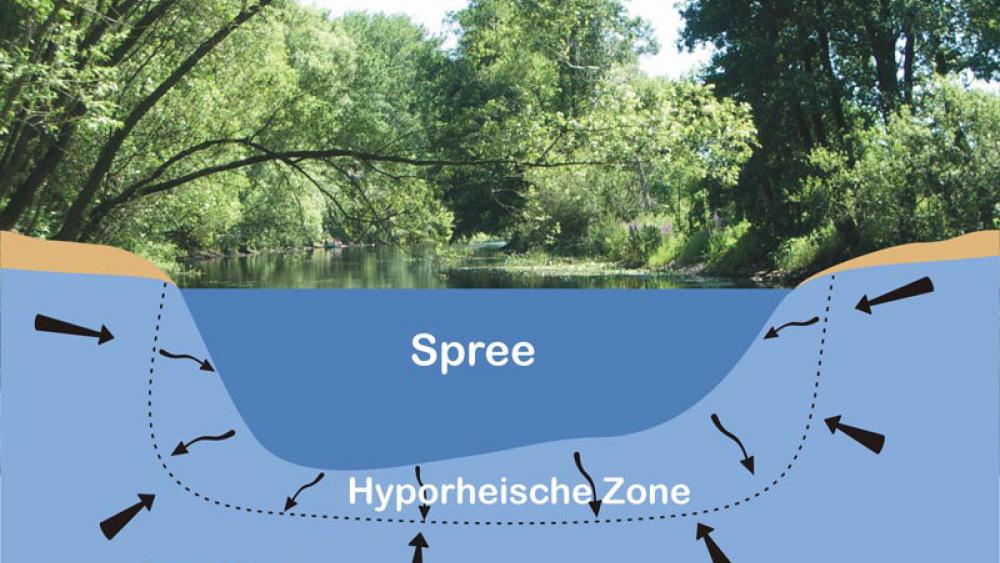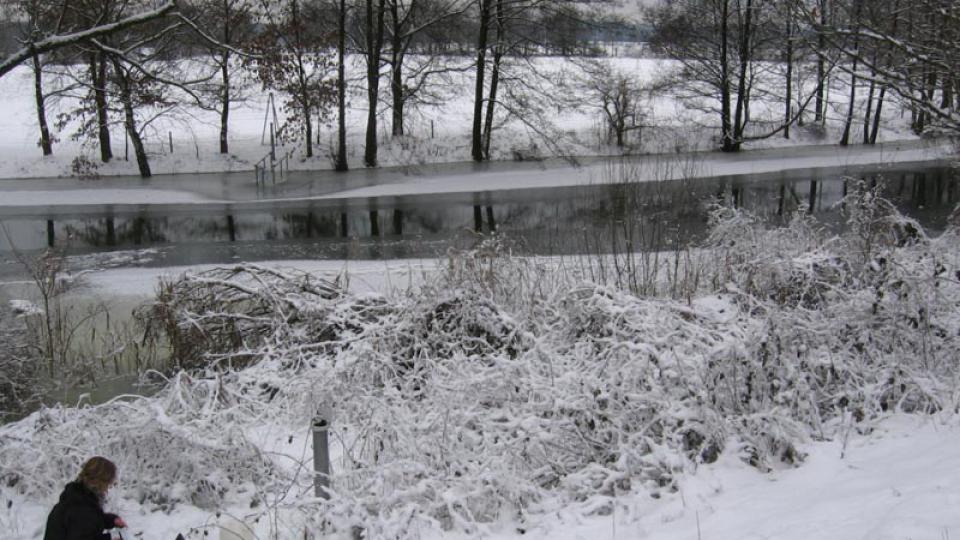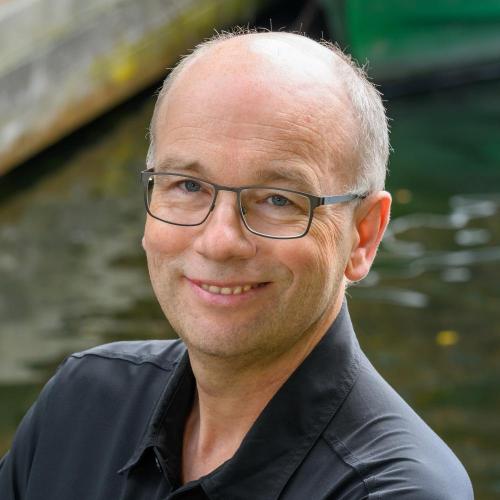The hyporheic zone
Short profile
Duration

Hyporheic zone | Photo: Jörg Lewandowski / IGB
The transition zone between surface water in streams and groundwater is a key compartment of our hydrosphere. On a landscape scale the whole floodplain might be considered as interface whereas on smaller scales the stream bed where surface water and groundwater mix is regarded as interface and called hyporheic zone. The hyporheic zone is of utmost importance for maintaining the ecological functions of running waters, a natural bioreactor taking main responsibility for the impressive self-purification capacity of streams, and an important habitat for aquatic organisms.
Our major focus is on understanding hydrodynamic and biogeochemical processes in this zone and the coupling of those processes with geomorphology, microbiology and ecology. To measure hydrodynamics and biogeochemistry we developed and applied several innovative measurement techniques with high spatial resolution such as heat-pulse sensors, thermolances, distributed temperature sensing, 2-dimensional pore water samplers and ultrafiltration samplers. Using temperature as a tracer to study hydrodynamics we gathered insights into transport processes and flow paths which are the basis to understand the biogeochemistry along flow paths of major nutrients such as nitrogen species or phosphate and compounds closely coupled to the turnover of nitrogen and phosphate. On all scales of our investigations from centimetres to several hundred meters we found an enormous heterogeneity of hydrodynamics and biogeochemistry.
A special focus of our work is on the question how to deal with that heterogeneity and how to cope with it when transferring results from one scale to another. In cooperation with scientists from several other institutions we have founded the "Hyporheisches Netzwerk" www.hyporheisches-netzwerk.de which aims at improving the understanding of the hyporheic zone by intense scientic exchange of methods and knowledge by regular workshops, a web-based platform and key study sites. Also in cooperation with other institutions we study the fate of organic micropollutants (pharmaceuticals) in stream beds and the upwelling of salt water from deep aquifers degrading surface water quality. During the last years we conducted studies at the rivers Spree (D), Erpe (D), Schlaube (D) and Tern (UK).
Sampling of multi-level piezometers | Photo: Jörg Lewandowski / IGB
Heat pulse sensor | Photo: Jörg Lewandowski / IGB
Measurement with a heat pulse sensor in the River Schlaube | Photo: Jörg Lewandowski / IGB

Winter sampling of groundwater wells | Photo: Jörg Lewandowski / IGB





